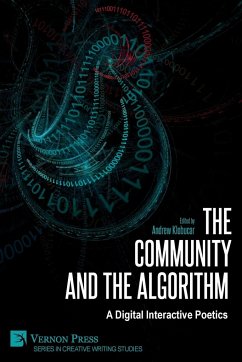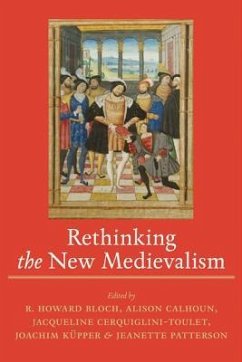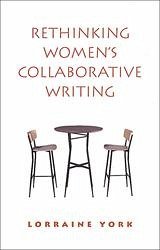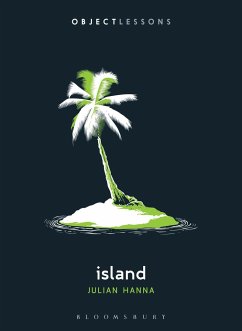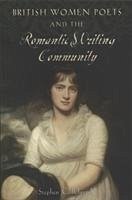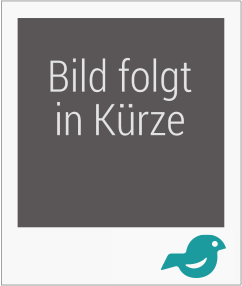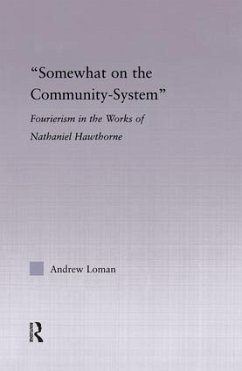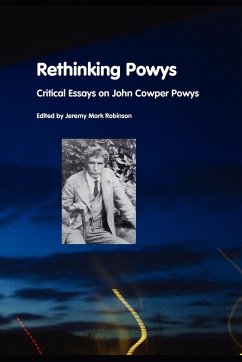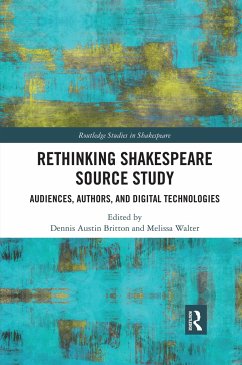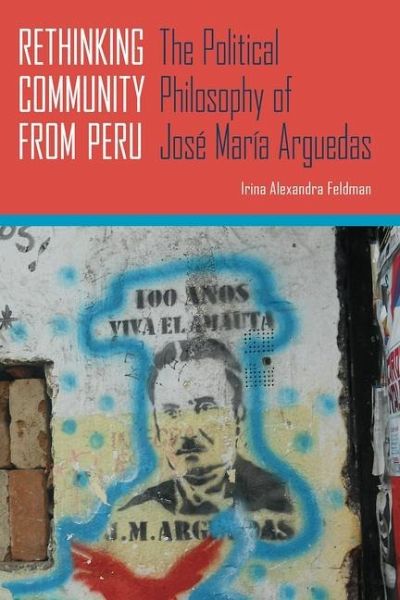
Rethinking Community from Peru
The Political Philosophy of José María Arguedas

PAYBACK Punkte
24 °P sammeln!
Peruvian novelist, poet, and anthropologist José María Arguedas (1911-1969) was a highly conflicted figure. As a mestizo, both European and Quechua blood ran through his veins and into his cosmology and writing. Arguedas's Marxist influences and ethnographic work placed him in direct contact with the subalterns he would champion in his stories. His exposés of the conflicts between Indians and creoles, and workers and elites were severely criticized by his contemporaries, who sought homogeneity in the nation-building project of Peru. > In the current political climate, Feldman views the prom...
Peruvian novelist, poet, and anthropologist José María Arguedas (1911-1969) was a highly conflicted figure. As a mestizo, both European and Quechua blood ran through his veins and into his cosmology and writing. Arguedas's Marxist influences and ethnographic work placed him in direct contact with the subalterns he would champion in his stories. His exposés of the conflicts between Indians and creoles, and workers and elites were severely criticized by his contemporaries, who sought homogeneity in the nation-building project of Peru. > In the current political climate, Feldman views the promise of Arguedas's vision in light of Evo Morales's election and the Bolivian plurality project recognizing indigenous autonomy. She juxtaposes the Bolivian situation with that of Peru, where comparatively limited progress has been made towards constitutional recognition of the indigenous groups. As Feldman demonstrates, the prophetic relevance of Arguedas's constructs lie in their recognition of the sovereignty of all ethnic groups and their coexistence in the modern democratic nation-state, in a system of heterogeneity through autonomy--not homogeneity through suppression. Tragically for Arguedas, it was a philosophy he could not reconcile with the politics of his day, or from his position within Peruvian society.





